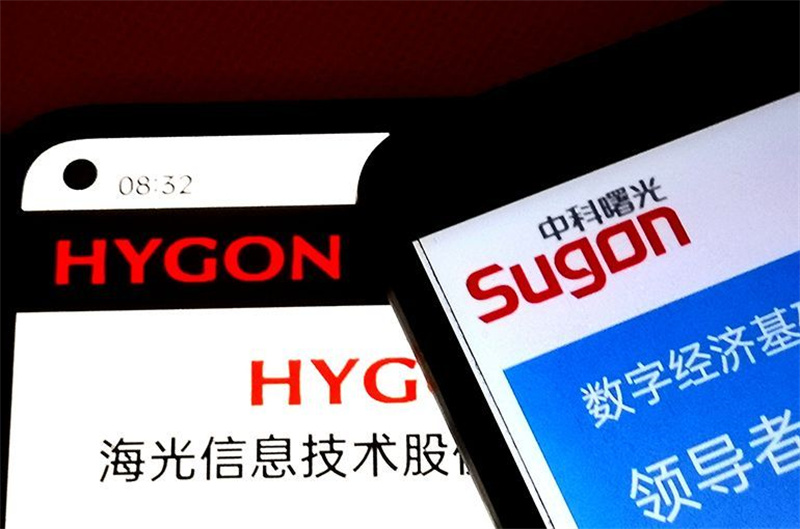On May 25, two publicly listed Chinese semiconductor companies—Sugon Information Industry Co., Ltd. (603019.SH) and Hygon Information Technology Co., Ltd. (688041.SH)—jointly announced plans for a strategic restructuring. The deal will see Hygon absorb Sugon through a stock swap, forming a vertically integrated computing powerhouse that spans from chip design to cloud systems. The restructuring is expected to significantly reshape China's information technology landscape by enhancing synergies and strengthening the domestic computing ecosystem.
According to the merger plan, Hygon will issue A-shares to acquire all outstanding shares of Sugon, delisting the latter in the process. The transaction marks the first case of such a merger under China's newly revised rules on major asset restructuring, which took effect on May 16 and are aimed at encouraging consolidation among listed companies by streamlining regulatory approvals.
Hygon, founded in 2014 by Sugon, CAS (Chinese Academy of Sciences), and other investors, focuses on domestic CPU and DCU (a type of GPGPU) design. Its CPU lineup is fully compatible with the international x86 architecture, and the company recently reported smooth progress on its 128-core, 512-thread “C86-5G” processor. Hygon's DCUs also feature a robust “CUDA-like” ecosystem and a self-developed software stack, giving it one of the most mature AI chip platforms in China.

Sugon, established in 2006 under the CAS Institute of Computing Technology, specializes in high-end computing, storage, and cloud solutions, and maintains a full-stack layout spanning chips, hardware systems, and cloud services. As Hygon's largest shareholder with a 27.96% stake, Sugon has long maintained a close strategic and technical partnership with the chipmaker.
The merger will consolidate upstream chip design with downstream systems integration, forming a complete “chip-to-cloud” industrial chain. It's expected to enhance the competitiveness of domestic computing infrastructure and accelerate the adoption of homegrown chips in key sectors such as government, finance, telecommunications, and energy.
Financially, both firms have posted strong growth. In 2024, Hygon recorded revenue of RMB 9.16 billion, up 52.4% year-on-year, and net profit of RMB 1.93 billion. In Q1 2025 alone, Hygon achieved 75% profit growth. Sugon, meanwhile, posted RMB 13.15 billion in 2024 revenue, with Q1 2025 profit up 30.8%.
The merger also reflects broader consolidation trends in China's semiconductor industry. Since the release of the updated M&A rules and earlier “STAR Market 8 Measures,” China has seen a surge in strategic deals aimed at vertical integration, core technology enhancement, and upstream localization in areas such as EDA, materials, and equipment. Examples include North Micro's move to acquire control of Advanced Micro-Fabrication Equipment Inc. and Hua Hong's acquisition of minority stakes in its subsidiaries.
Both Hygon and Sugon are on the U.S. Entity List, limiting their access to American technology. However, this has only accelerated their integration, creating a more self-reliant supercomputing platform in response to U.S. export controls. The newly merged entity may well become a cornerstone of China's AI and big data ambitions, backed by strong political support and growing domestic demand for computing power.
+86 191 9627 2716
+86 181 7379 0595
8:30 a.m. to 5:30 p.m., Monday to Friday
